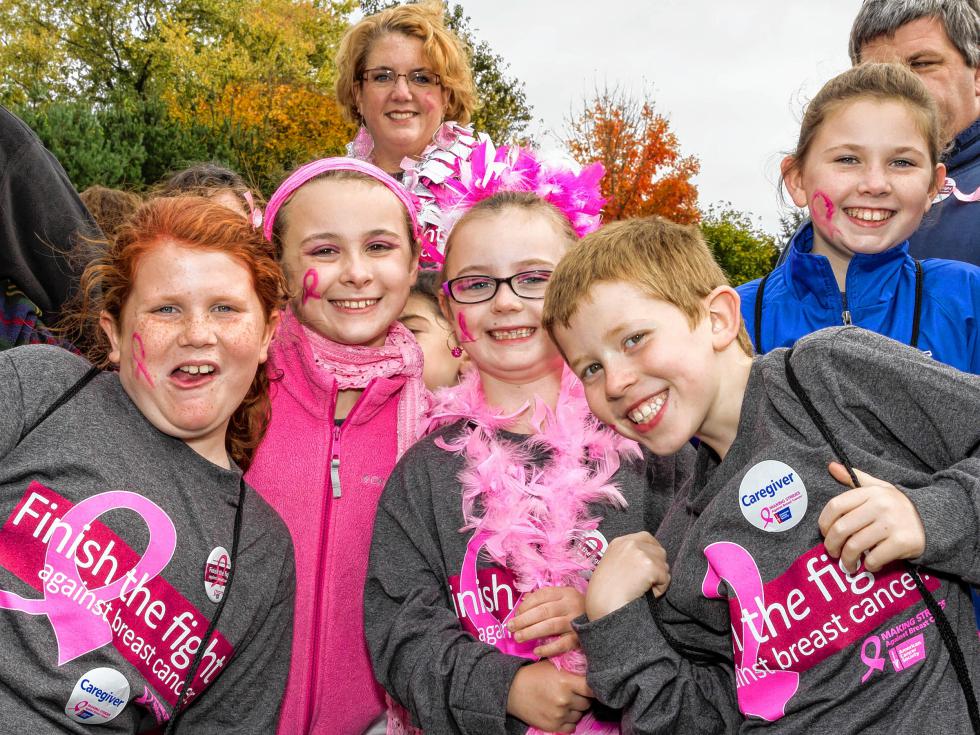When someone is diagnosed with cancer, that diagnosis has an effect on everyone that cares about the person.
The role of caregiver typically is filled by a loved one, who provides physical and emotional care. They may be spouses, partners, family members, or close friends. Most often, they are not trained for the caregiver job. Many times, they may be the lifeline of the person with cancer.
It’s hard to plan for a major health problem like cancer. Suddenly you’ve been asked to care for the person with cancer, and you’re also needed to help make decisions about medical care and treatment. None of this is easy. There will be times when you know you’ve done well, and times when you just want to give up. This is normal.
There are many causes of stress and distress in cancer caregivers. Dealing with the crisis of cancer in someone you love, the uncertain future that lies ahead, financial worries, difficult decisions that must be made, and unexpected and unwanted lifestyle changes are just a few of them. Fear, hopelessness, guilt, confusion, doubt, anger, and helplessness can take a toll on both the person with cancer and the caregiver. And while the focus tends to be on the patient, all of this affects the physical and mental health of the caregiver, too.
Just as people with cancer should not spend all their time thinking about their illness, neither should family members and friends spend every spare minute thinking about or being with their loved one. Caregivers need relief and rest to stay emotionally and physically fit to be able to help the person with cancer.
Caregivers are often overlooked. Caregivers often focus most of their energy and time on the person with cancer and may not have time to take care of themselves. You may be able to offer help so they can have a much-needed break. Just a couple of hours may be a big deal for someone whose loved one is very ill.
If you are a caregiver, plan time for yourself. Ask friends or other family members for help. Tell them exactly what they can do to help. Many times they are waiting to be asked.
Everyone, no matter how emotionally strong they are, can be helped by support. In order to be an effective caregiver, you need to take care of yourself. For more caregiver information and resources, visit cancer.org.










